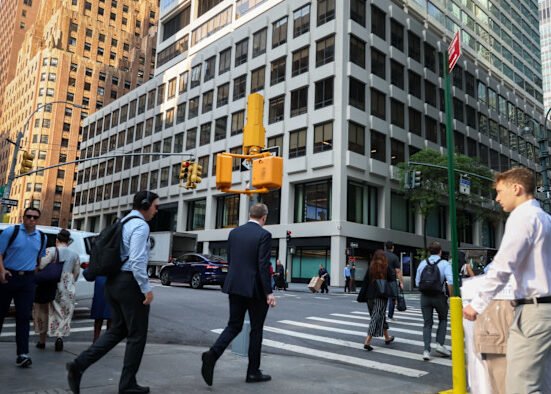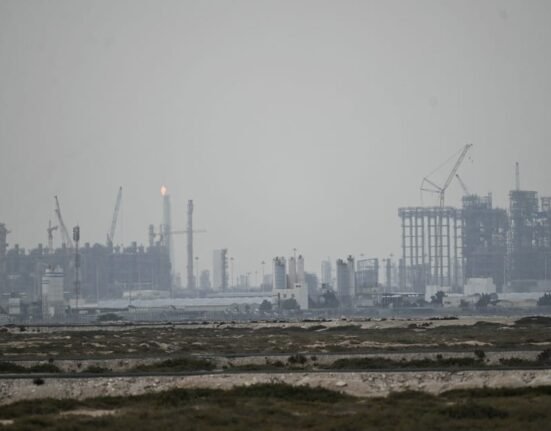Higher-for-longer interest costs and ample retail and office vacancies have pushed the sales of distressed investment properties in Hong Kong higher in the second quarter, a trend realtors expect to continue in an already tepid real estate market.
An increasing acceptance among lenders and landlords to book steeper losses has driven up the number of these deals in a market forecast to remain lacklustre due to the higher interest rates and falling rental income, realtors said.
Distressed properties are either on the brink of foreclosure, or already have been repossessed by the mortgage lender. They could offer an attractive investment because of their usually relatively lower prices.
Half of the 22 investment properties transacted in the second quarter were foreclosure sales or those that sold at a loss, according to data by real estate services firm Colliers. That compares with a quarter in the previous quarter and 26% for all of 2023. The company counts only deals valued at more than HK$100 million ($12.80 million).
“We’ll see more distressed deals and discounted stocks in the market in the second half, that’ll put pressure on market prices,” said Colliers Hong Kong co-head of capital markets & investment service Thomas Chak.
Collier’s Chak also said some family offices from Singapore, Malaysia, mainland China and Hong Kong were putting more money into Hong Kong real estate in the past year, with demand for retail space faring better than office space, where vacancies are at a record high 16% amid an increase in new supply.
Not all lenders, however, are keen to sell distressed properties in the current market.Realtors said Chinese state-owned financial institutions are usually more reluctant to book losses than smaller local banks, and would rather put sales on hold until the real estate market recovers.







